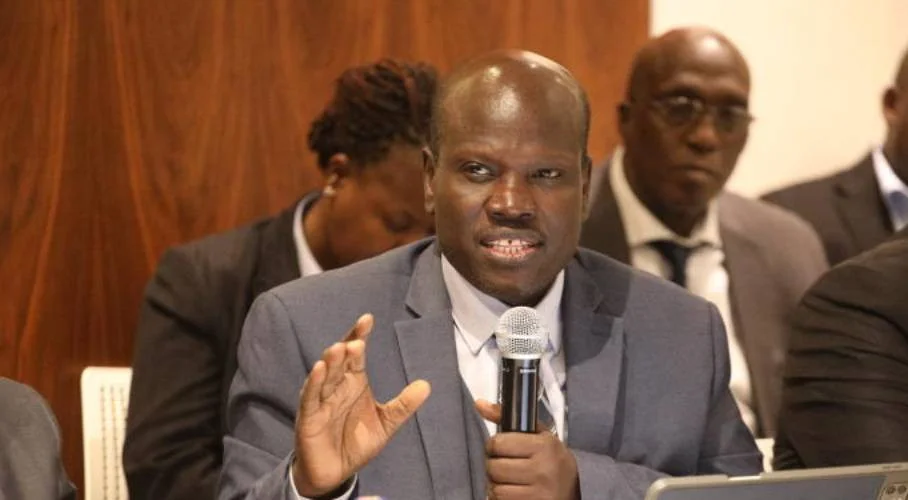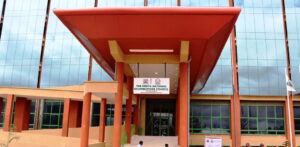The Kenya Power has launched a comprehensive Smart Meter initiative in direct response to the infiltration of cartels within the national power supply chain. This proactive step comes as the power supplier, KPLC, has extended an invitation to qualified bidders, calling for the supply of Smart Meters, which are set to become common in Kenyan households.
The implementation of Smart Meters, overseen by Kenya Power Managing Director, Joseph Siror, aims to address challenges in meter procurement, which have temporarily impeded the Smart Meter project. A document, signed by Dr. John Ngenoh, General Manager of Supply Chain at Kenya Power formally invited qualified bidders to partake in the supply of single-phase and three-phase Smart Meters according to a report by Citizen Digital.

In line with President William Ruto’s Bottom-Up Economic Transformation Agenda (BETA), Kenya Power, under the leadership of Joseph Siror, has decided to source Smart Meters exclusively from “Local Meter Manufacturers and Assemblers.” This strategic decision aims to bolster the local industry and promote self-reliance in the production of essential power infrastructure components.
Read Also: IMF Strengthens Kenya’s Economy with Ksh98 Billion Loan Increase
This initiative is a response to the challenges posed by power cartels that have exploited the system, leading to fraudulent activities and financial losses for the power supplier. To mitigate these issues, Kenya Power is gearing up to procure and install over 200,000 Smart Meters by January 2024. The projected cost for this endeavor stands at Ksh1.6 billion, factoring in currency volatility and foreign exchange fluctuations.
Subscribe to our YouTube channel at Switch TV
During a recent appearance before the National Assembly’s Energy Committee, Joseph Siror expressed concerns regarding proposed budget cuts. These cuts could potentially hinder the “last mile connectivity” program, a crucial initiative aimed at ensuring that every Kenyan household gains access to the national power grid. The proposed budget cuts could lead to a budget reduction exceeding 10%, translating to a loss of Ksh4.9 billion allocated for last mile connectivity.
















